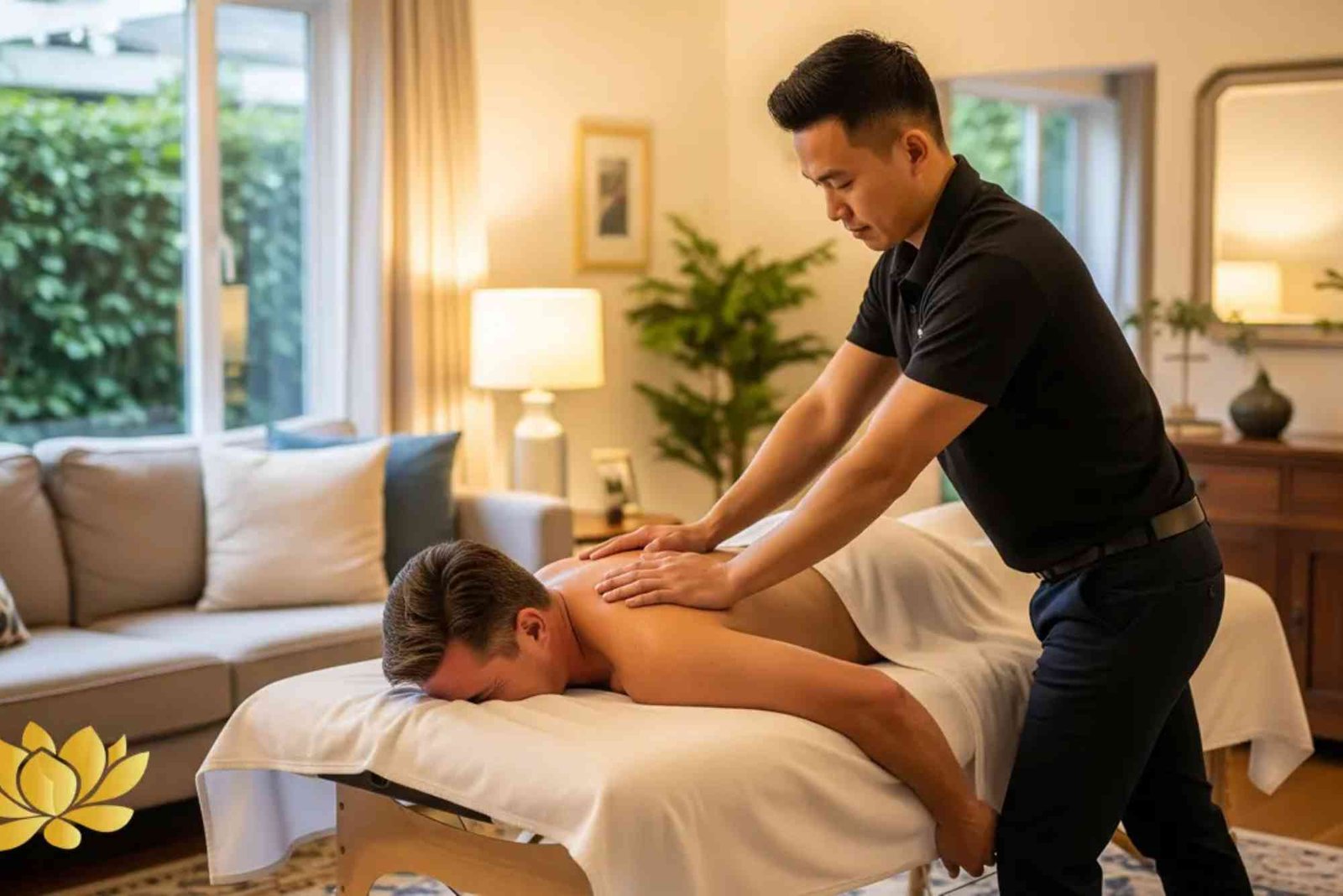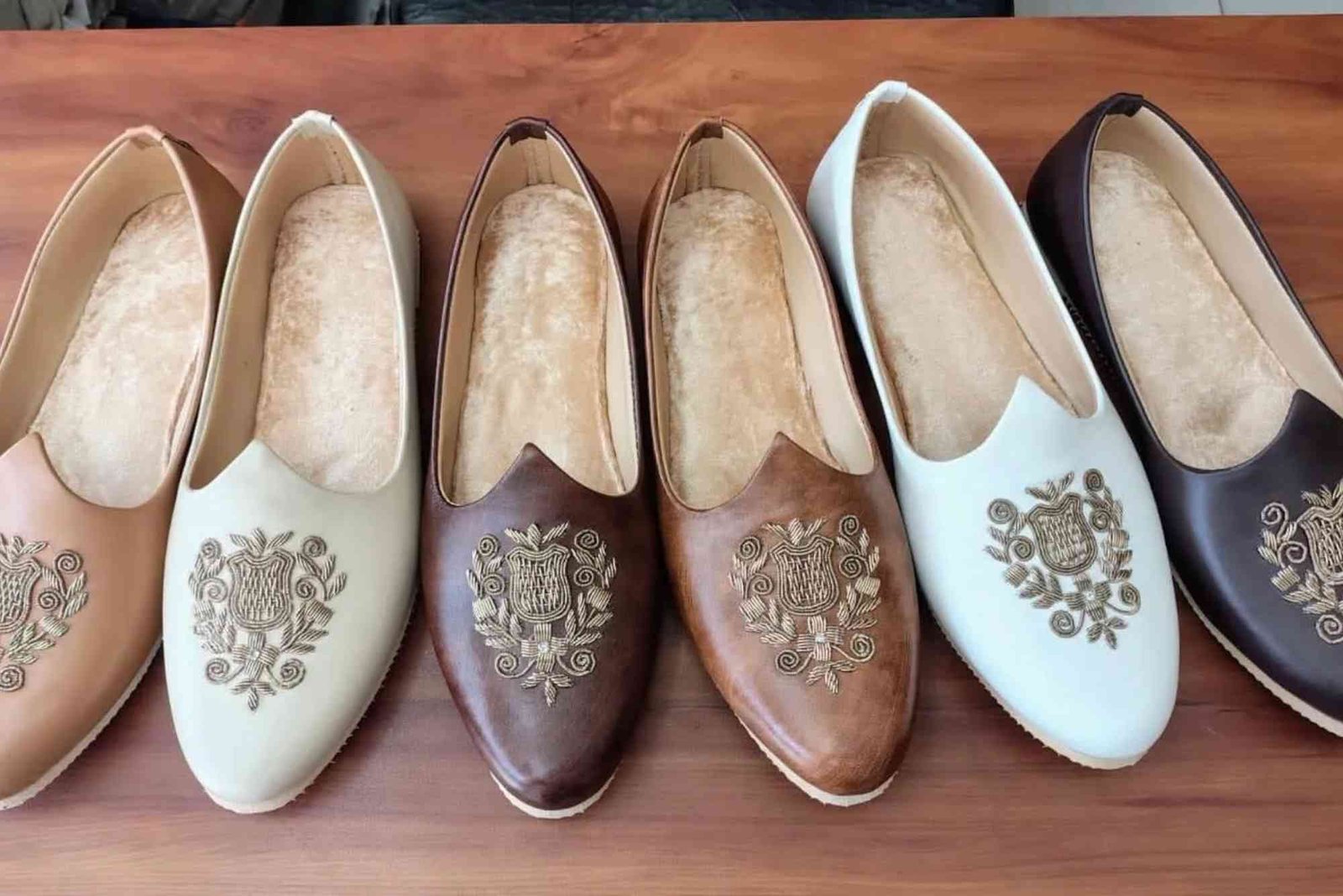When it comes to creating a memorable guest experience, the quality and type of linens used in a hotel can make all the difference. From crisp bed sheets to plush towels, the right linens contribute to comfort, aesthetics, and operational efficiency. For hoteliers, choosing linens involves balancing luxury, durability, and cost, often turning to trusted hotel linen suppliers to meet their needs. This article explores the most popular types of linens used in hotels, their benefits, and considerations for selecting the best options for your property.
Why Hotel Linens Matter
Linens are more than just functional items in a hotel; they are a critical part of the guest experience. Soft, clean, and well-maintained linens can elevate a guest’s perception of a hotel, while poor-quality or worn-out linens can lead to negative reviews. Beyond comfort, linens must withstand frequent washing, heavy use, and the demands of a busy hospitality environment. This is why many hotels partner with hotel linens wholesale providers to source high-quality products at scale.
The right linens can also contribute to a hotel’s brand identity. For example, a luxury boutique hotel may opt for high-thread-count Egyptian cotton sheets to convey opulence, while a budget-friendly chain might prioritize durable, cost-effective blends. Understanding the most popular types of linens helps hoteliers make informed decisions that align with their brand and budget.
Popular Types of Hotel Linens
Hotels use a variety of linens, including bed sheets, pillowcases, duvet covers, towels, bathrobes, and table linens. Below, we dive into the most popular materials and styles, their benefits, and why they’re favored by hoteliers.
Cotton Linens
Cotton remains the gold standard for hotel linens due to its softness, breathability, and versatility. It’s a natural fiber that feels luxurious against the skin, making it ideal for bed sheets, pillowcases, and towels. There are several types of cotton linens commonly used in hotels:
Egyptian Cotton
Egyptian cotton is renowned for its long fibers, which create exceptionally soft, smooth, and durable linens. These linens are often found in high-end hotels and resorts, where guest comfort is a top priority. Egyptian cotton sheets typically have a high thread count (400 or above), contributing to their silky texture and longevity. While more expensive, their durability makes them a worthwhile investment for luxury properties.
Pima Cotton
Pima cotton is another premium option, known for its softness and strength. It’s slightly more affordable than Egyptian cotton but still offers a luxurious feel. Many mid-range and upscale hotels use Pima cotton for bed linens and towels to strike a balance between quality and cost.
Standard Cotton
Standard cotton, often with a thread count of 200–300, is a popular choice for budget and mid-tier hotels. It’s durable, easy to maintain, and provides adequate comfort for guests. Many hotel linen suppliers offer standard cotton linens in bulk, making them a cost-effective option for larger properties.
Cotton-Polyester Blends
For hotels prioritizing durability and affordability, cotton-polyester blends are a go-to choice. These linens combine the softness of cotton with the strength and wrinkle-resistance of polyester. Blends are particularly popular for bed sheets and table linens, as they hold up well to frequent laundering and maintain a crisp appearance.
Cotton-polyester blends are often used in mid-range hotels and chains where operational efficiency is key. They’re less prone to shrinking and fading compared to 100% cotton, making them a practical choice for high-turnover environments. Hotels sourcing hotel linens wholesale often opt for these blends to keep costs down without sacrificing quality.
Microfiber Linens
Microfiber, a synthetic material made from finely woven polyester fibers, has gained popularity in recent years. It’s incredibly soft, lightweight, and resistant to wrinkles and stains. Microfiber linens are also highly durable, making them suitable for hotels with high guest turnover. Additionally, microfiber is hypoallergenic, which is a bonus for guests with sensitivities.
While microfiber may not have the same luxurious reputation as Egyptian cotton, its affordability and low maintenance make it a favorite for budget and mid-tier hotels. It’s also commonly used for duvet covers and pillowcases due to its smooth texture.
Linen (Flax-Based)
Linen, made from the flax plant, is another natural fiber gaining traction in the hospitality industry. Known for its rustic, textured appearance, linen offers a unique aesthetic that appeals to boutique hotels and eco-conscious properties. Linen is highly breathable and becomes softer with each wash, making it a durable and comfortable choice for bed sheets and tablecloths.
However, linen tends to wrinkle easily, which may not suit hotels aiming for a polished look. It’s also more expensive than cotton-polyester blends, so it’s typically reserved for upscale or niche properties.
Bamboo Linens
Bamboo linens are an eco-friendly option that’s becoming increasingly popular in hotels. Bamboo is a sustainable material that grows quickly and requires fewer resources than cotton. Bamboo linens are soft, breathable, and naturally antibacterial, making them ideal for guests with allergies or sensitive skin.
While bamboo linens are more expensive than standard cotton or blends, their sustainability and comfort make them a favorite for eco-conscious hotels. They’re commonly used for bed sheets, towels, and bathrobes.
Choosing the Right Linens for Your Hotel
Selecting the best linens for your hotel depends on several factors, including your target audience, brand identity, budget, and operational needs. Below are key considerations to guide your decision-making process.
Guest Expectations
Understanding your guests’ preferences is crucial. Luxury travelers expect high-thread-count cotton or linen sheets, plush towels, and premium bathrobes. In contrast, budget-conscious guests may prioritize cleanliness and functionality over luxury. Surveying guest feedback or analyzing online reviews can help you gauge expectations and choose linens that align with your audience.
Durability and Maintenance
Hotel linens must withstand frequent washing, drying, and ironing. Cotton-polyester blends and microfiber are excellent choices for high-turnover properties due to their durability and low maintenance. For luxury hotels, Egyptian cotton or linen may be worth the extra care, as they offer unmatched comfort and longevity when properly maintained.
Budget Constraints
While premium linens like Egyptian cotton or bamboo are desirable, they come with a higher price tag. Partnering with hotel linen suppliers that offer hotel linens wholesale pricing can help you source quality linens at a lower cost. Buying in bulk and negotiating long-term contracts can further reduce expenses.
Aesthetic and Branding
Linens play a significant role in a hotel’s aesthetic. Crisp white sheets and towels are a timeless choice, conveying cleanliness and sophistication. However, some hotels incorporate colored or patterned linens to reflect their brand identity. For example, a beachfront resort might use soft blues and greens, while a boutique hotel may opt for textured linen to create a cozy, artisanal vibe.
Sustainability
With growing consumer demand for eco-friendly practices, many hotels are prioritizing sustainable linens. Bamboo and organic cotton are excellent choices for environmentally conscious properties. Additionally, choosing linens certified by organizations like the Global Organic Textile Standard (GOTS) can enhance your hotel’s reputation among eco-minded guests.
Trends in Hotel Linens
The hospitality industry is constantly evolving, and linen trends are no exception. Here are some emerging trends shaping the world of hotel linens:
Eco-Friendly Materials
Sustainability is a top priority for many hotels. Bamboo, organic cotton, and recycled polyester blends are gaining popularity as guests become more environmentally conscious. Hotels are also adopting water-saving laundry practices and partnering with suppliers who prioritize sustainable manufacturing.
Minimalist Aesthetics
Clean, minimalist designs are in vogue, with many hotels opting for simple, high-quality linens in neutral tones. White and off-white linens remain a classic choice, as they convey cleanliness and versatility.
Technology-Enhanced Linens
Some hotels are experimenting with technology-enhanced linens, such as antimicrobial towels or temperature-regulating bed sheets. These innovations cater to health-conscious guests and add a modern touch to the guest experience.
Customization
Personalized linens, such as monogrammed towels or custom-patterned tablecloths, are becoming more common in boutique and luxury hotels. Customization allows properties to stand out and create a unique brand experience.
Sourcing Hotel Linens
Finding the right hotel linen suppliers is critical to ensuring quality and consistency. Look for suppliers with a strong reputation, a wide range of products, and competitive pricing. Wholesale options, such as hotel linens wholesale, can help you save money while maintaining high standards. When evaluating suppliers, consider the following:
-
Quality Assurance: Request samples to test the feel, durability, and appearance of the linens.
-
Certifications: Look for certifications like OEKO-TEX or GOTS to ensure the linens meet safety and sustainability standards.
-
Delivery and Support: Choose suppliers with reliable delivery schedules and responsive customer service.
-
Customization Options: If your hotel requires unique linens, ensure the supplier can accommodate custom orders.
Maintaining Hotel Linens
Proper care is essential to prolonging the life of hotel linens. Follow these tips to keep your linens in top condition:
-
Follow Washing Instructions: Use the recommended water temperature and detergents to prevent damage.
-
Avoid Overloading Machines: Overloading washers and dryers can cause excessive wear and tear.
-
Regular Inspections: Check linens for signs of wear, such as fraying or thinning, and replace them as needed.
-
Invest in Professional Laundry Services: For large properties, outsourcing laundry to professionals can ensure consistent results.
Conclusion
The most popular hotel linens—cotton, cotton-polyester blends, microfiber, linen, and bamboo—each offer unique benefits that cater to different types of properties and guest expectations. By understanding the strengths of each material and aligning your choices with your brand, budget, and operational needs, you can create a comfortable and memorable experience for your guests. Partnering with reputable hotel linen suppliers and exploring hotel linens wholesale options can help you source high-quality linens at competitive prices. Whether you’re running a luxury resort or a budget-friendly motel, investing in the right linens is a key step toward guest satisfaction and operational success.









